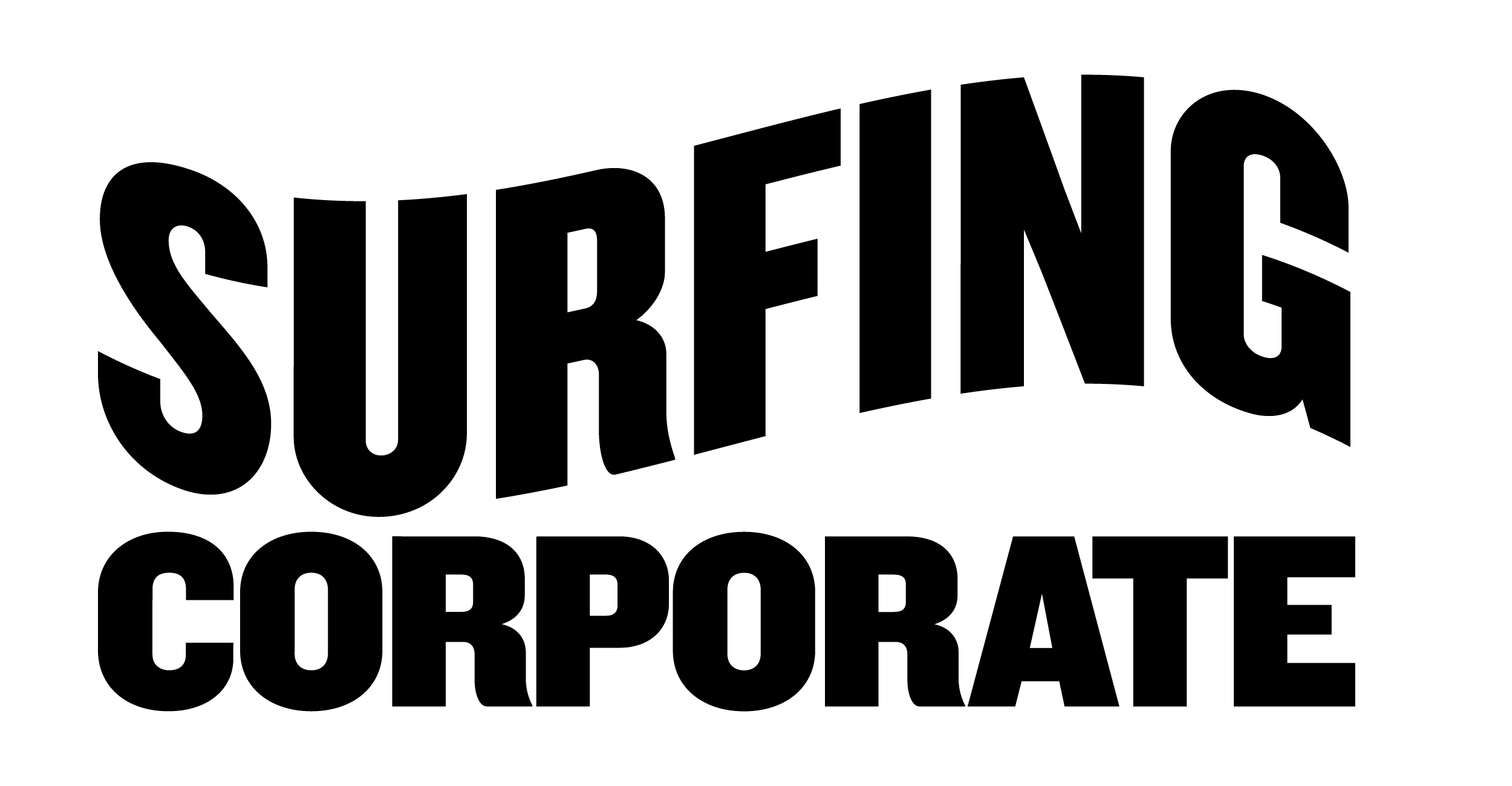Why Less Jargon Can Make us More Productive and Happier at Work
Beginning a career in corporate is exciting: it’s the starting point of a journey that can lead to a whole new level of power, influence, and financial security. But despite these benefits, there are tradeoffs in today’s corporate world about which neither college nor graduate programs tell you.
Today we’re going to talk about one of those tradeoffs:
You can no longer speak like a human
It just takes a couple of meetings and a few emails to notice that people who work in corporate behave differently than they do in everyday life –– they use fancy adjectives, elaborate compound words, cryptic abbreviations and recurring catch phrases in ways we never use outside work.

It almost feels like we’re 10-year-olds pretending to be adults by saying big words while looking very, very serious.

As Jennifer Chatman , management professor at University of California-Berkeley’s Haas School of Business stated in this Vulture article, “Jargon masks real meaning,” says Jennifer Chatman, management professor at the University of California-Berkeley’s Haas School of Business. “Instead of responding, ‘Great, I’ll go ahead and parallel-path that and route it back to you.’ An equally acceptable response would be ‘Yes’ or a simple nod. But the point of these phrases is to fill space. No matter where I’ve worked, it has always been obvious that if everyone agreed to use language in the way that it is normally used, which is to communicate, the workday would be two hours shorter.” Let that sink in:
If we just spoke like real people. OUR WORK DAYS COULD BE TWO HOURS SHORTER.
In a world where our most cherished asset is time, um…

When I joined corporate America a few moons back, it was quite the culture shock. Although I previously worked in global media companies, my experience was in Latin America, where people are very smart and work very hard, but they’re inherently much less formal. Latinos tend to come with an embedded humor chip that allows the workplace to be much less serious and less politically correct. We can be loud and make puns and joke around; it’s like we never fully grow up, and, as a forever 12-year-old myself, I love that. So, when I attended my first boardroom meeting in corporate America it was a surreal experience: People were very serious, and there were so many terms and acronyms of which I had never heard of. EOD? OOO? EOW? PTO? Um, what? I mean, I was extremely well-versed in legal terminology thanks to my dedication to Law and Order binging, but when it came to business and media terms, I was like Tarzan on his first day in the city. Knowing that I was at a clear disadvantage, during that first week of work, I decided to take a three-pronged approach:
Aileen’s Three-Pronged Approach
- Quietly blend into the background (like when a facilitator asks for volunteers for a trust fall during a company off-site).
- Take note of every single term I don’t understand.
- Google every term and learn it by heart (it was like doing my own corporate language master’s degree).
As I studied this new dynamic, I was perplexed about the need for this elaborate terminology, and I certainly did not feel comfortable speaking this way. But, there seemed to be no avoiding it –– this was the official corporate language, and I thought that if I didn’t speak it, people would see me as less-than. Therefore, I quickly added words like bandwidth, business-critical, synergy, and PTO to my vocabulary, as well as phrases like at the risk of stating the obvious ––and then stating the obvious–– (this phrase really does help when you can’t think of anything valuable to add to the conversation).
Garbage Language
Ana Weiner, author of Uncanny Valley, has a great term for this type of communication: garbage language. “Garbage language permeates the ways we think of our jobs and shapes our identities as workers. It is obvious that the point is concealment; it is less obvious what so many of us are trying to hide.” “In an environment of constant auditing, it’s safer to use words that signify nothing and can be stretched to mean anything, just in case you’re caught and required to defend yourself.”
UGH. If garbage language was compostable, at least plants would be better off; but the only thing garbage language does is add waste to the world, and boost C-Suite executives’ egos. Isn’t it time we push back on the notion that speaking like this is mandatory to climb the corporate ladder? Don’t we all want two hours back at the end of the day? Isn’t life stressful enough without having to use language that distances us instead of connects us?
To make this change happen, we need high-level executives to take the lead in normalizing talking like regular humans (and giving us back 2 hours a day!). We need more leaders that challenge the dated corporate status quo and create cultures that reward innovation, creativity, humor, and human connection.
I say we start by creating a special Corporate Award for “Employee Who Used Least Corporate Jargon and Actually Got Sh*t Done.”

I’d definitely like to have Mary Vegas on my team.
Stay tuned for our next post about the benefits of humor in the workplace, and don’t forget to subscribe to our biweekly newsletter, with the latest workplace trends, curated podcasts, articles, and surfing tips from veteran corporate survivors.




